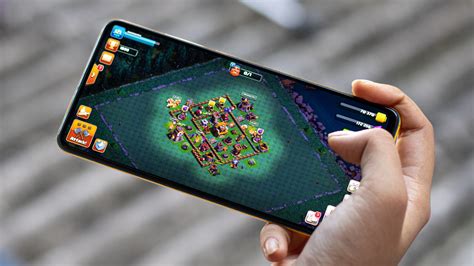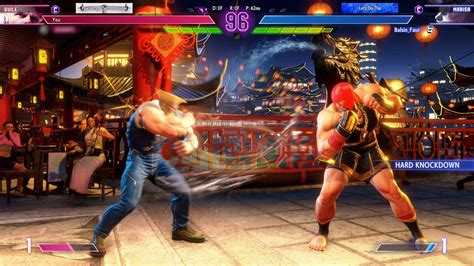Kingslayer Jaime Lannister Game Throne

The complexities of human nature are often explored in the realm of fiction, and one character who embodies this exploration is Jaime Lannister, famously known as the Kingslayer, from the Game of Thrones series. His journey, from the initial perception as a dishonorable knight to the deeper understanding of his motivations and actions, serves as a compelling case study of morality, loyalty, and the human condition. This character's evolution, as portrayed by George R.R. Martin in the books and the television adaptation, offers a nuanced exploration of the multifaceted nature of human beings, challenging simplistic categorizations of good and evil.
Introduction to Jaime Lannister: The Kingslayer

Jaime Lannister’s introduction in the Game of Thrones series is marked by his infamous act of killing the Mad King, Aerys II Targaryen, an act that earned him the title of Kingslayer. This event, though pivotal, does not define the entirety of his character. Instead, it serves as a starting point for understanding the depth of his loyalty, sense of duty, and the moral ambiguities he navigates throughout the series. The portrayal of Jaime Lannister, through both the books and the television series, delves into the psychological and emotional underpinnings of his actions, making him one of the most intriguing and complex characters in the Game of Thrones universe.
Evolution of Jaime Lannister: From Villain to Anti-Hero
The evolution of Jaime Lannister from a perceived villain to an anti-hero is a gradual process, facilitated by the revelations of his backstory and the motivations behind his actions. His complicated relationship with his sister, Cersei, and his role as a member of the Kingsguard further complicate his character, highlighting the tensions between personal desires, sworn duties, and moral obligations. The loss of his hand, a pivotal physical transformation, also marks a significant point in his emotional and psychological journey, forcing him to confront aspects of his identity and purpose beyond his role as a warrior.
| Character Development Aspects | Significance |
|---|---|
| Backstory Revelations | Provides depth to his motivations and actions |
| Relationships (Cersei, Brienne) | Highlights emotional complexities and growth |
| Physical Transformation (Loss of Hand) | Symbols a turning point in his self-perception and role identification |

Key Points
- Jaime Lannister's character challenges simplistic moral categorizations, showcasing the complexity of human nature.
- Relationships, particularly with Cersei and Brienne, play a crucial role in his character development and emotional growth.
- The physical transformation, such as the loss of his hand, symbolizes significant emotional and psychological changes.
- His story serves as a reminder of the multifaceted nature of individuals, highlighting the interplay between personal, moral, and societal expectations.
Psychological and Emotional Underpinnings

The psychological and emotional underpinnings of Jaime Lannister’s actions are deeply intertwined with his sense of identity, duty, and loyalty. His complicated dynamics with Cersei, a relationship that is both familial and romantic, introduce a layer of complexity to his character, influencing his decisions and moral stance. Furthermore, his interactions with other characters, such as Brienne of Tarth, offer contrasting views of honor and loyalty, prompting internal conflict and growth. This internal conflict, coupled with external pressures, shapes his journey and the perceptions of those around him, contributing to the richness and depth of his character.
Moral Ambiguity and the Human Condition
The exploration of moral ambiguity through Jaime Lannister’s character resonates deeply with the human condition. It underscores the idea that individuals are not solely defined by a single act or characteristic but are instead dynamic, with capacities for both good and evil. This portrayal encourages viewers and readers to engage in a more nuanced consideration of morality, recognizing that the reality of human nature is far more complex than binary distinctions between right and wrong. Through Jaime’s character, the series prompts a reflection on the nature of honor, duty, and the consequences of one’s actions, contributing to a broader discussion on ethics and morality.
What role does Jaime Lannister's backstory play in his character development?
+Jaime Lannister's backstory is crucial in understanding his motivations and actions. It provides a deeper insight into his character, revealing the complexities and challenges he has faced, which in turn have shaped his decisions and moral stance.
How does Jaime's relationship with Cersei influence his character?
+Jaime's relationship with Cersei is a pivotal aspect of his character. It introduces a level of complexity, highlighting themes of loyalty, duty, and the blurred lines between right and wrong. This dynamic also underscores the emotional and psychological challenges he faces, contributing to his growth and development throughout the series.
What message does Jaime Lannister's character convey about morality and the human condition?
+Jaime Lannister's character serves as a powerful reminder of the complexity of human nature and morality. It challenges the notion of binary moral distinctions, instead highlighting the nuanced and often conflicting nature of human decisions and actions. Through his story, the series encourages a deeper reflection on the human condition, inviting viewers to consider the multifaceted aspects of morality and the consequences of one's choices.
In conclusion, the character of Jaime Lannister offers a profound exploration of the human condition, delving into the complexities of morality, loyalty, and personal growth. His journey, as depicted in the Game of Thrones series, serves as a reminder of the dynamic and multifaceted nature of human beings, challenging viewers to engage with the nuances of morality and the depths of human emotion. Through his story, we are prompted to reflect on our own understandings of right and wrong, honor and duty, and the intricate web of relationships and experiences that shape us into who we are.



